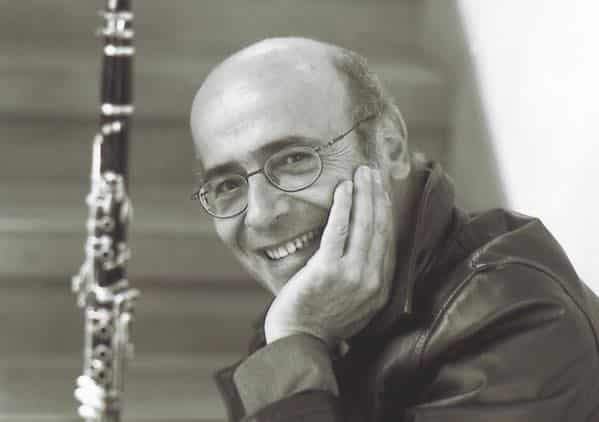Navalny pianist plays for his release
NewsArina Pan is a Moscow Conservatoire student in Moscow who was jailed in February for just walking past the courthouse where Alexei was being sentenced.
She’s out now, more fervent than ever in her support for Putin’s opponent.
Here’s what she posts:
My first solo performance yesterday after my arrest. The foreplay and the fugue of Si Minor Shostakovich sounded. And that was very important to me.
Shostakovich’s creation of a cycle of 24 preludes and fugues became a significant event in the musical life of the USSR. This work meant a lot to the composer himself who after the infamous resolution of the Central Committee was forced to create ′′ ideologically flawless ′′ works on the subjects imposed by power. Shostakovich presented the cycle in April 1951 at a meeting of the Union of Composers. According to the memories of the contemporaries, he was pale, and all his behavior felt tremendous tension. When after execution he took a seat in the hall, no one approached him, and the discussion resembled the court. ′′ For whom is this, comrade Shostakovich?” the opponents asked. The discussion, which has not lost its sharpness, continued in the following months.
Since the Baroque era, the tonality has been considered fatal, passional, associated with the images of suffering, loneliness and sorrow. Beethoven later said that this minor was a black tonality, Leaf wrote a sonat in it, and Chopin was a piercing first skerzo. It’s not ordinary sadness and not an infirm groan, but a faustic search for truth, a genuine soulful struggle.
I think it will be unnecessary to talk about whose struggles and suffering knocked in my whiskey throughout the performance. About the fact that I performed almost the whole fugue with my eyes closed – it’s better not to see anything than a keyboard fuzzy because of constantly rolling tears.
I don’t like to perform, but silence is not my end. This exit is completely raw, a lot could have been done more precisely and better, but it is very sincere and about what is happening right now. And I hope that one day after hearing this music, Alexei will smile and say: ′′ Yes, that’s how it was “.
Вчера состоялось мое первое сольное выступление после ареста. Прозвучали прелюдия и фуга си минор Шостаковича. И это было для меня очень важно.
Создание Шостаковичем цикла из 24 прелюдий и фуг стало значительным событием в музыкальной жизни СССР. Это произведение много значило и для самого композитора, который после печально известного постановления ЦК был вынужден создавать «идеологически безупречные» произведения на навязанные властью темы. Шостакович представил цикл в апреле 1951 года на заседании Союза композиторов. По воспоминаниям современников, выйдя к роялю, он был бледен, и во всем его поведении чувствовалось колоссальное напряжение. Когда после исполнения он занял место в зале, никто не подошел к нему, а обсуждение напоминало суд. «Для кого это, товарищ Шостакович?» – вопрошали противники. Дискуссия, не потерявшая своей остроты, продолжалась и в последующие месяцы.
Тональность же си минор еще со времен эпохи барокко считалась роковой, пассионной, связанной с образами страдания, одиночества и скорби. Позже Бетховен сказал, что си минор – это черная тональность, Лист написал в ней доводящую до дрожи сонату, а Шопен – пронзительное первое скерцо. Это не обычная печаль и не немощный стон, а фаустовский поиск истины, подлинная душевная борьба.
Думаю, будет лишним говорить о том, чья борьба и чьи страдания стучали у меня в висках на протяжении всего выступления. О том, что почти всю фугу я исполнила с закрытыми глазами – лучше не видеть ничего, чем клавиатуру, нечеткую из-за постоянно накатывающих слез.
Я не люблю выступать, но и молчание – не мой конек. Этот выход совсем сырой, многое можно было сделать точнее и лучше, но он предельно искренний и про то, что происходит прямо сейчас. И я надеюсь, что однажды, услышав эту музыку, Алексей улыбнется и скажет: «Да, так все и было».






Comments